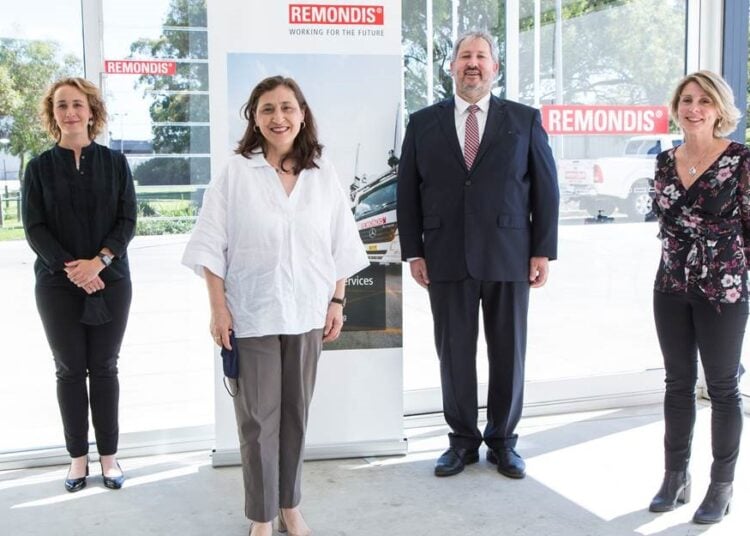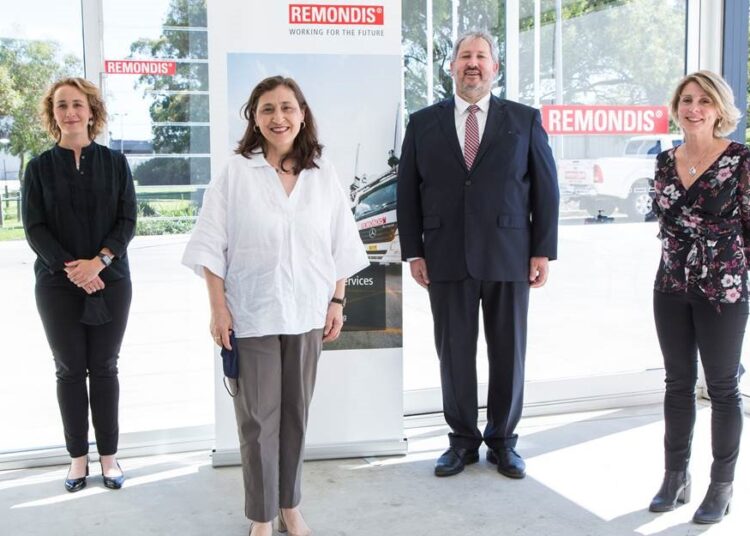Solving the problem of solvents

A new recycling plant will repurpose cleaning solvents, inks and paints from industrial wastewater into secondary cleaning products for wholesale to other industries.
Liquid waste management company Remondis Australia has been awarded a $1.3 million Recycling Victoria Infrastructure Fund grant to build three specialised distillation units at its current industrial wastewater processing operation at Dandenong.
The $9 million facility is tasked with reducing the 29,000 tonnes of recyclable liquid hazardous waste disposed of in the state each year, as well as the need for storage. The highly specialised facility will be capable of processing up to 9,600 tonnes of solvent waste.
Michael Sienz, chief operating officer at Remondis Industrial Services told WaterSource that the firm is drawing on 20 years of international expertise in this complex treatment process.
“Various distillation processes are generally used in solvent recovery. All processes related to transport and recycling require leading edge technology that must be validated in terms of safety and economy.
“In the current phase of preliminary planning, Remondis is using its solvent recovery experience to take the recycling of liquids to a complete new level,” he said.
The firm will be operating two separate facilities in the same precinct, with the solvent processing facility to be built from scratch on vacant land near the existing wastewater management facility.
 Announcing the plant (from left): Gabrielle Williams, Member for Dandenong; Minister Lily D’Ambrosio, Vic Environment Minister; Michael Sienz, Chief Operating Officer, Remondis Industrial Services; Katie Pahlow, Acting CEO, Sustainability Victoria
Announcing the plant (from left): Gabrielle Williams, Member for Dandenong; Minister Lily D’Ambrosio, Vic Environment Minister; Michael Sienz, Chief Operating Officer, Remondis Industrial Services; Katie Pahlow, Acting CEO, Sustainability Victoria
Sienz said that the recovery of solvents for reuse has almost stopped in Victoria, with most solvents now being used either locally in the lowest order use of solvents in industrial uses or exported internationally for refining overseas.
“This represents the loss of a valuable resource to international markets and has also resulted in significant increases in disposal costs for local businesses,” he said.
Sienz added that the firm will ensure it has ongoing and open communication with environment protection authorities to ensure best practice and safe environmental conditions are met.
“The project is expected to recycle four to five million litres of solvent for reuse in the local circular economy. This will limit the generation of thousands of tonnes of CO₂ per year by enabling the recycling of solvent, rather than disposal via incineration.”


